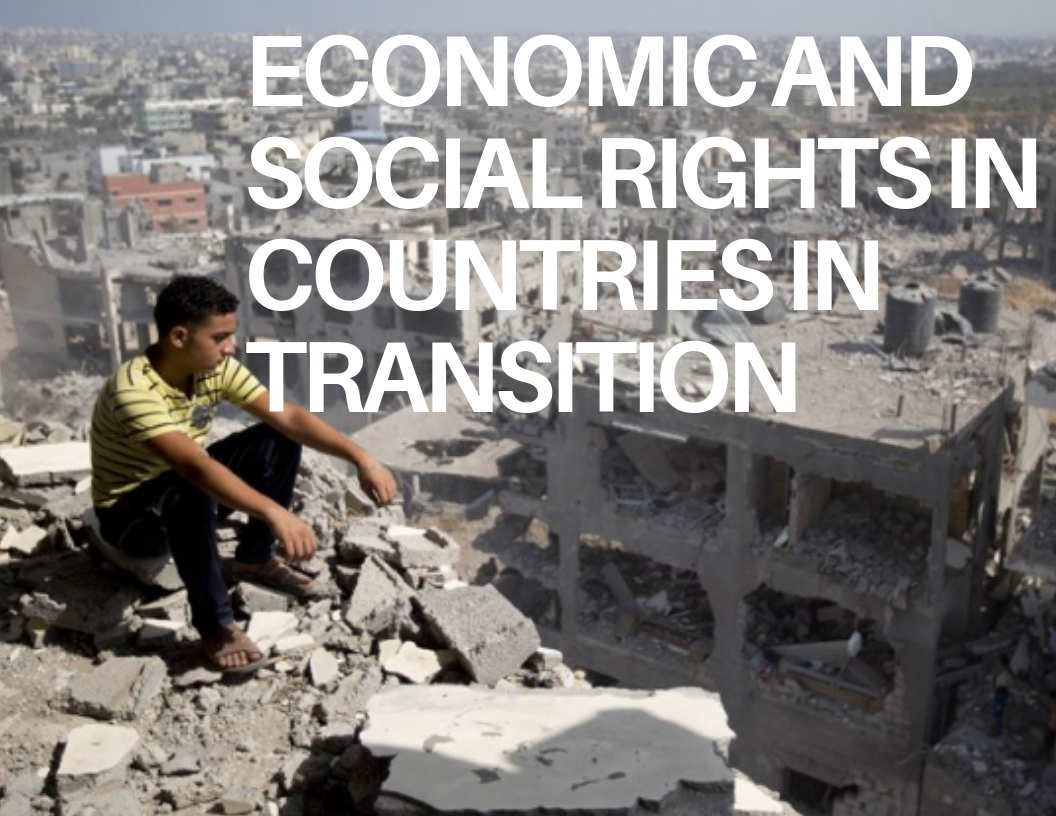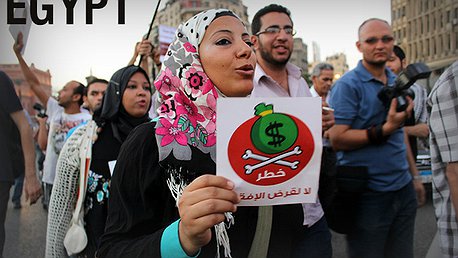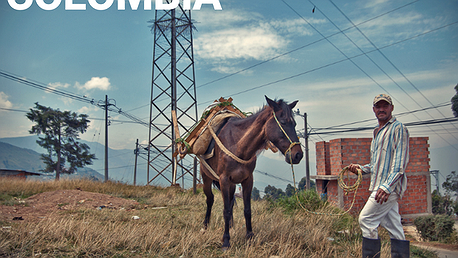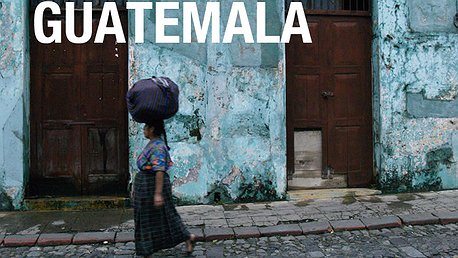
Countries emerging from conflict or authoritarian rule often adopt measures and arrangements to deal with the passage from violence to peace. These are known as periods of “transition"—when new constitutions are drafted, states undertake institutional reforms and past injustices are addressed. Decisions taken during such periods have far-reaching consequences in the lives of both current and future generations.
States undergoing political transitions often face stark socioeconomic deficits and high rates of poverty and inequality, along with weak economies, all of which present urgent and immediate challenges for sustainable development. In transitional contexts, donors, states and civil society generally prioritize civil and political rights over economic and social rights. Such approaches have often failed to tackle the root causes of problems such as socioeconomic inequality and corruption, or to lay the foundations for a more just and equitable society. Moreover, interventions and reforms that are blind to economic and social rights often neglect the primary concerns of people and communities. Not infrequently, the end result is a fragile peace that sets the stage for persistent socioeconomic injustice and an eventual return to conflict and violence.
CESR has been a pioneer in investigating and protecting economic and social rights in conflict situations and in post-conflict transitions. From 1996 until 2004, CESR worked with a broad range of Palestinian, Israeli, and international groups to document and denounce violations of economic and social rights in both Israel and Palestine; CESR also denounced the impact of war sanctions on economic and social rights of people in Iraq and the failure to incorporate human rights obligations in reconstruction programs in Afghanistan, especially regarding the right of Afghans to participate in their own development. In 2009, CESR published a major report on grave inequalities in enjoyment of the rights to health, education and food in post-conflict Guatemala, in partnership with the Instituto Centroamericano de Estudios Fiscales (ICEFI).
Building on that experience, CESR’s Human Rights in Sustainable Development Program has identified countries in transition as one of the key contexts in which to investigate how development and socioeconomic policies are constrained or transformed, and how economic and social rights are prioritized or sidelined over the long term of the transitional process. This means identifying the institutional requirements and social mechanisms necessary to tackle past economic and social rights violations and set the stage for structural reforms.
Building on CESR’s expertise in fiscal policy and human rights, we also seek to examine how and from whom resources are mobilized and expended during political transitions, and the implications this may have from a human rights perspective. To this end, we are currently working with Colombian human rights organization Dejusticia on a joint project exploring the lessons from 20 years of transitional policies in Colombia. The project investigates how the planning and design of development policies and reforms mandated by the peace agreements take into account the economic and social rights of the population internally displaced by the conflict.
This work is closely related to CESR’s Rights Claiming and Accountability Program in Egypt, which supports local development and human rights organizations in their efforts to gather and systematize evidence on social development and economic and social rights. Specific methodologies and monitoring tools are being jointly developed with national partners to monitor Egypt’s international human rights commitments to economic and social justice and to share skills and support rights claiming efforts in the country.


